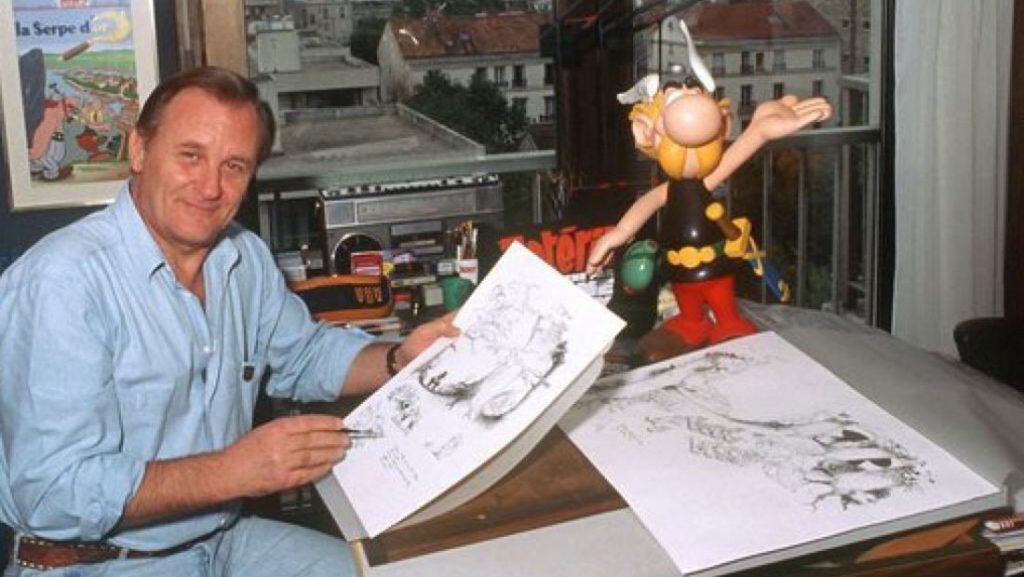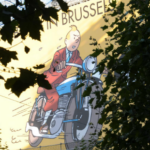Blog Post
Albert Uderzo, co-creator of Asterix, has died
By Jonathon Van Maren
Albert Uderzo, the co-creator of the Asterix comic books (with his friend René Goscinny, who died in 1977), passed away this week at the age of 92. Such is the all-encompassing nature of the current pandemic that multiple media outlets felt it necessary to specify that the old artist had not, in fact, died from COVID-19, but rather from natural causes. “Albert Uderzo died in his sleep at his home in Neuilly, after a heart attack that was not linked to the coronavirus,” his son-in-law Bernard de Choisy told the AFP news agency.
I pause briefly to note this event simply because I, like many other kids of European heritage, spent many happy hours reading the stories about the indomitable Gaulish warriors rumbling around the Roman Empire and far-flung reaches of the ancient world. I learned a lot about ancient history (believe it or not), admired Uderzo’s brilliant cityscape sketches, and didn’t fully understand most of the puns until years later. I was one of many: the Asterix books have sold 370 million copies worldwide since Asterix the Gaul was published in 1961 and have been translated into dozens of languages.
Uderzo and Goscinny, who did the writing for the stories until his death, came up with the idea for a series featuring the ancient Gauls while having a drink on the balcony of Uderzo’s apartment. They wanted to create characters that were distinctly French, but with the heroism of Tintin—but not like the American superhero comics. The ancient world proved to be the perfect setting, and Julius Caesar and the Gauls the perfect antagonists. In the years to come, the characters would take on lives of their own.
Since Uderzo’s retirement in 2011, the Asterix comics have been taken over by Jean-Yves Ferri (who does the writing) and Didier Conrad (who does the artwork), and Asterix and the Chieftan’s Daughter was released last October (Asterix and the Picts, published in 2013, was the first book created without either of the two original creators.) The stories are still enjoyable, the ancient landscapes and historical tidbits are still interesting, and the artwork is still superb, but with both Goscinny and Uderzo gone, there is something missing. It is as if the characters had something of the two men in them, and when Goscinny died, the books lost something—and now that Uderzo is gone, much of the magic has died.








